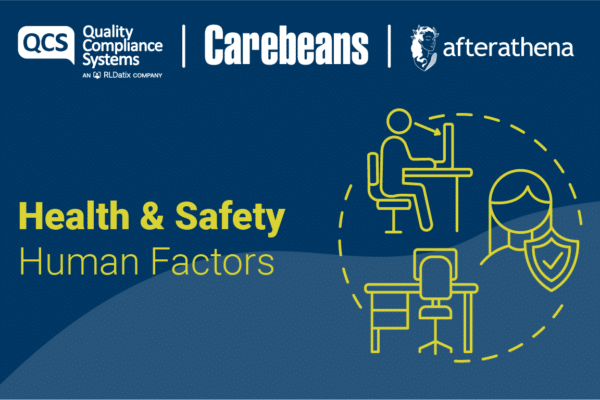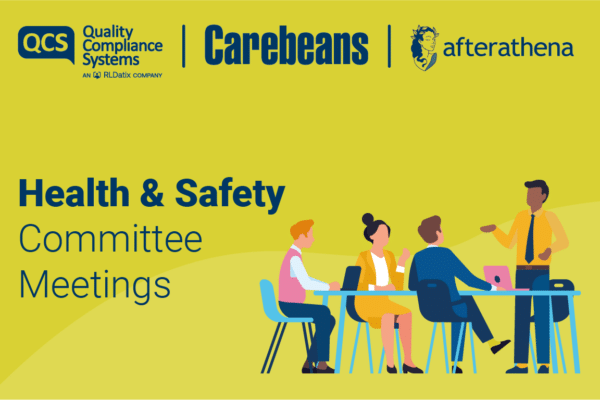
The Care Inspectorate registers and regulates care services in Scotland, as well as having a scrutiny function over the care and social service sector generally. It has recently published its findings on the quality of care services for people with learning disability. The report covers regulatory information gathered from 2014-2016, particularly in the context of how well services are implementing the national strategy policy ‘Keys to Life’. That policy framework was introduced in 2013 to ensure people with learning disability received good health services and equal treatment in society.
General procedures
During the inspection period, the Care Inspectorate used self-assessments by services, information from inspection focus areas and from people using the services. Care homes, care at home, housing support and combined housing and care at home services were included, totalling 382 services in all.
The main focus was on the previously identified need to improve access to good health care for people with learning disability. The Keys to Life strategy was based on good health being a major prerequisite for improved quality of life and good personal outcomes.
The project unfolded over the two years in two parts: in the first, there was a general survey of how well services knew about and were acting to implement the Keys to Life recommendations. A further priority was to find how well the services knew about and acted upon the recommendations of the review report on Winterbourne View. It was found that two-thirds of services were familiar with and acting upon the Keys to Life strategy, while 80% were aware of the Winterbourne View report, and were able to show how this knowledge had been implemented in their service.
The second part of the project looked in more detail at how the services were implementing the recommendations and used inspection focus information, managerial self-assessments, and discussions with people using services themselves.
Overall findings in the Keys to Life context
The services were found to have attained improved gradings of the quality of the care provided, with over 93% of services graded as good, very good, or excellent. 45% were graded as very good or excellent.
The report includes direct quotes from people experiencing care, and from their relatives. Also, specific examples of good practice were noted. These included a service which ran a person-centred health group, encouraging people to maintain a workbook and to make plans for their own future health in nutrition and activities. Another service was commended for person-led work:
‘People the service supported and their families were very involved in developing their care and support strategies. They were also actively involved in choosing their personal assistants, who in turn received good support and training to be able to support service users well, to be as independent as possible.’
The report gives many examples of good practice and good outcomes for people under each of the four main headings of the Keys to Life policy. These were:
- A healthy life
- Choice and control
- Independence
- Active citizenship
Only a small number of services had recommendations or requirements made for further improvements. For example, only approximately 7% of services were required to improve their person-led approach.
The report makes very interesting reading and is a good source for ideas to develop innovative practice. There are also additional resources posted on the information hub web page of the Care Inspectorate, to assist services in moving forward.
The future
The Care Inspectorate vows to continue to promote the improving quality of these services. The recent health and social care service integration will help here. Also, the new care standards which are person-led and outcomes based will further assist the effectiveness of the national strategy. All of these measures should thus assist in further improving people’s quality of life in the future.






